Can You Hear The Music?
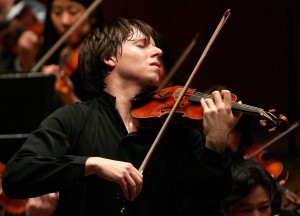 One of the many skills of a great coach is the ability to be observant. This means the ability to really listen and tune in beyond what is said to what is not said or to notice the variations in the way things are said.
One of the many skills of a great coach is the ability to be observant. This means the ability to really listen and tune in beyond what is said to what is not said or to notice the variations in the way things are said.
When we allow ourselves to remain curious and open in our observations we are more likely to see and feel more. One way of developing this skill is to become more observant and aware of people and your surroundings as you go about your daily activities and routines. This is a great training ground for coaches particularly those new to coaching.
To extend your capacity to observe start experimenting with noticing the people around you, how they walk, talk, engage with each other, dis-engage or the variations in the tones and pitch of voice?
Pay attention to your environment, what does the energy feel like in the different spaces you inhabit as you go through your day? What do you notice about the buildings you are working or living in?
When we observe we are awake, in tune to the senses and activating the ability to see beyond the visible.
This reminded me of the story of Joshua Bell.
One cold January morning in 2007 violinist Joshua Bell started to play the violin during the rush hour in a Washington metro station. Over the course of 45 minutes he played six Bach pieces, some were the most difficult pieces to write.
In the space of the first three minutes one middle aged man slowed down his pace and paused for a few seconds but was soon on his way. I wondered what he heard in that moment.
Following this one woman threw in the first dollar but with no eye contact and just kept walking.
Next one passer by physically stopped and leant against a wall for a few seconds but soon turned to his watch and scurried away on his way for work.
Virtuoso Violinist Joshua Bell got his greatest attention from a 3 year old boy despite his mother tugging him away. But to show his engagement in the beautiful music he was hearing the little boy kept turning his head and looking back at the spot where Bell stood playing. Apparently several other children did the same but were moved on quickly by their parents.
A total of six people stopped to listen to Bell play. A total of twenty people left money, but made little eye contact and kept moving at their same pace.
What made this incident even more poignant was the fact that Joshua Bell is one of the best musicians in the world and in that subway he played one of the most intricate pieces ever written on a violin rumoured to be worth 3.5 million.
How could so many people have missed this wondrous moment? Did only six people and a handful of children really hear something different in Bell’s music?
I found out during my research around the story that busking is not permitted on the Metro so a violinist’s presence was something out of the ordinary.
Was the rush to work so rigid and addictive that thousands literally did not pick up on, hear or observe that Bell’s playing was somehow different, exquisite or even dare I say it beautiful and deserved to be stopped and listened to?
And from one of the questions posed by a reader after the story went viral: “If they missed Bell how much more was being missed in their daily lives?”
Sometimes you may arrive at your coaching sessions with the same sense of busyness. You’re there in body but your thoughts feel scattered. In this place you do not have the observing eye, the capacity for presence, and the ability to really see and notice with that open and curious mind.
The more you’re present in your everyday interactions outside of the coaching room the more this is then transferred through your ability to really see and be in the coaching space.
I have found on more than one occasion that an observation of a small comment, facial expression or sound made by the client turns into a significant moment in our conversation.
A fun way to increase your ability to really see and observe is to draw. Try this experiment adapted from Frederick Franck’s book, The Zen of Seeing: Seeing/Drawing as meditation.
Find a space to sit a room or space outdoors will be fine. You will need a blank piece of paper, preferably unlined and a pencil.
“ Now, let your eyes fall on whatever happens to be in front of you. It maybe a table, a chair or a group of people talking. Close your eyes for the next five minutes…..
“ Now, open your eyes and focus on whatever you observed before. Look it in the eye, until you feel it looking back at you. Feel that you are alone with it, that this is the most important thing right now. You are no longer looking, you are SEEING…
“Now, take your pencil loosely in your hand, and while you keep your eyes focused allow the pencil to follow on the paper what the eyes perceives. Don’t check what gets onto the paper. Don’t let your eye wander from what it is seeing, and don’t lift your pencil from the paper.”
1. What’s different about the quality of your observation and seeing now?
And by the way, apparently Bruce Springsteen did a similar experiment twenty years prior and no one paid much attention to him either.
Photo by Chris Lee
Categories Coaching | Tags:
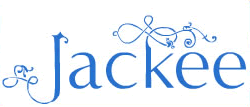
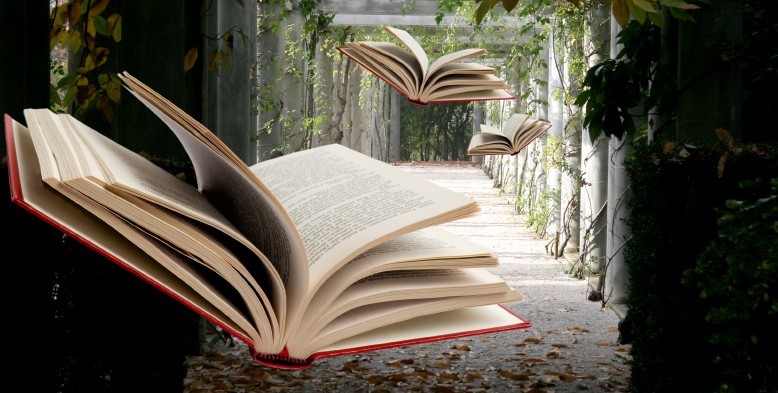

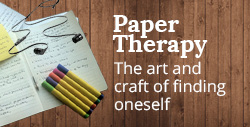
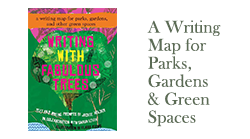
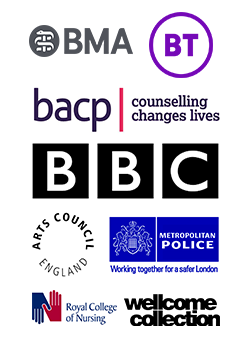
Leave a Reply
By submitting a comment here you grant Jackee Holder a perpetual license to reproduce your words and name/web site in attribution. Inappropriate or irrelevant comments will be removed at an admin's discretion.